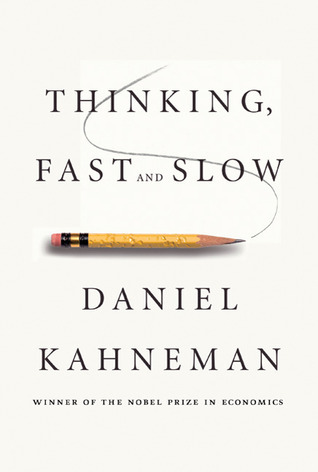We should all be feminists
Adichie describes how women are taught to shrink themselves, to make themselves smaller. I’ve seen this play out in product meetings - how female colleagues sometimes prefix their insights with “I might be wrong, but…” or “This may be a silly idea…” When male colleagues present the same ideas without these qualifiers, they’re often received differently.
Adichie tells a story about being class monitor in primary school - not because she earned it, but because she was a girl and the teacher assumed the role should go to a girl. It’s these small, everyday moments that reveal how gender roles are quietly enforced. Like water to fish, we often don’t notice these patterns until someone points them out. The author’s Nigerian perspective adds depth to the conversation. She describes how marriage becomes a measure of success for women but not for men, how women are expected to dampen their ambitions to protect male ego. These aren’t just Nigerian issues - they’re global patterns dressed in local customs.
She’s not interested in abstract discussions about patriarchy. Instead, she talks about concrete things: why do we teach girls to aspire to marriage but not boys? Why do we praise men for doing basic parenting tasks that we take for granted when women do them? The book made me reflect on my own implicit biases. Like when I assume a CEO is male unless told otherwise, or how I might perceive the same behavior differently depending on whether it comes from a male or female colleague. These aren’t comfortable reflections, but they’re necessary ones.
Adichie’s argument is simple: culture can change, and it should. She points out how her grandmother’s experience of gender was different from her mother’s, and her mother’s from hers. Each generation questioned certain assumptions that the previous one took for granted. It’s a reminder that what we consider “traditional” is often just what we’ve grown used to.
One passage that stuck with me was about how we raise boys. “We teach boys to be afraid of fear, of weakness, of vulnerability,” she writes.
The power of “We Should All Be Feminists” lies in its accessibility. Adichie isn’t writing for gender studies scholars - she’s writing for everyone. She’s saying that feminism isn’t about hating men or rejecting femininity. It’s about wanting a fairer world for everyone.
Walk into any corporate meeting, look at any company’s leadership team, or scroll through comments on any female leader’s social media, and you’ll see these patterns are very much alive. They’ve just gotten better at hiding.


